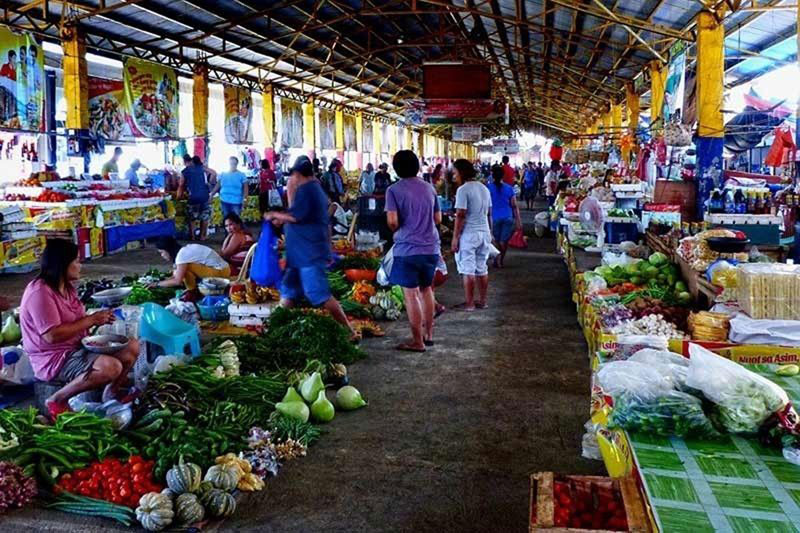
THE bulk of the Philippine diet enjoys protection from import competition, according to the Philippine Institute for Development Studies (PIDS), a government think tank.
“The food groups that contribute most to the Filipinos’ energy, protein, and micronutrient intake — including rice, cereals, fish, meat, and poultry — are all produced under high levels of trade protection against cheaper imports,” PIDS said in a statement, citing a study by senior research fellow Roehlano M. Briones.
The study said that the government should liberalize trade instead of offering subsidies to improve food affordability.
“Prior to the pandemic, the nutritional status of Filipino children was already a serious concern. Adding to the recent rounds of food inflation, these economic shocks are likely to have an adverse impact on food consumption and nutrient intake at the household level, leading to worsening nutritional status,” Mr. Briones said.
He said that the government should “aggressively” pursue liberalization measures to improve affordability.
“The sooner the government dismantles high tariffs and overly strict (and often arbitrary) application of sanitary and phytosanitary standards on these major consumer goods, the more affordable these items become, especially to the poor,” he added.
The study recommended improving value chain productivity in order to boost competitiveness against cheap imports and raise the incomes of food producers, processors, and distributors.
“Productivity improvements by lowering production and logistics costs tend to make food more affordable. Identifying the right investments and suitable actors along the value chain to realize these productivity improvements poses a real challenge to agro-industrial policy; however, the potential benefits are too large to ignore this approach to food policy,” Mr. Briones added. — Luisa Maria Jacinta C. Jocson



